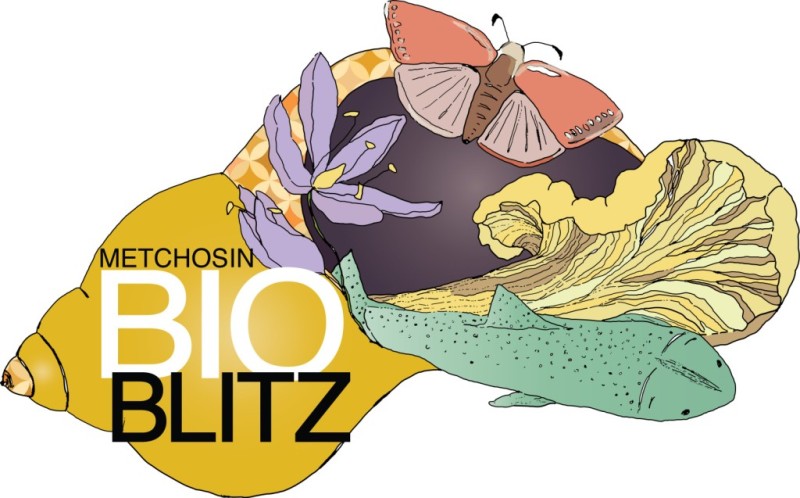Over 25 years of research hints at a stark, harsh truth: worldwide, both the bio-diversity and biomass of insects has declined dramatically, leading to such alarming phrases as “insect Armageddon” and “insect apocalypse.” Residents of BC suspect this decline is happening in our own backyard, but we don’t have the data to prove it yet. This is changing, however. In a multiyear project sponsored in part by Metchosin Foundation of Metchosin, BC, a rural area at the southern tip of Vancouver Island, local families have adopted Malaise traps, tent-like devices that allow scientists to figure out the amount (biomass) and distribution of flying insects across the municipality of Metchosin.
During the pilot project in the summer of 2018, insects caught in the traps were collected at two-week intervals. Over the winter, the University of Victoria’s lead scientist, Dr. Neville Winchester, and his students meticulously sorted each of the collections (145 in total) into major flying insect orders (e.g., flies, bees, wasps and ants). The number of individuals and the biomass for each insect order was recorded.
We are now in the second year of the project. Nineteen traps were set up in May of 2019 and fitted with temperature loggers and collection bottles. The bottles are being collected and the contents assesseed.

